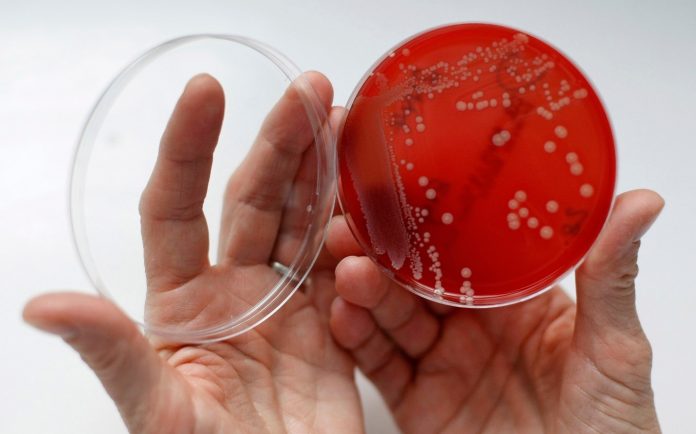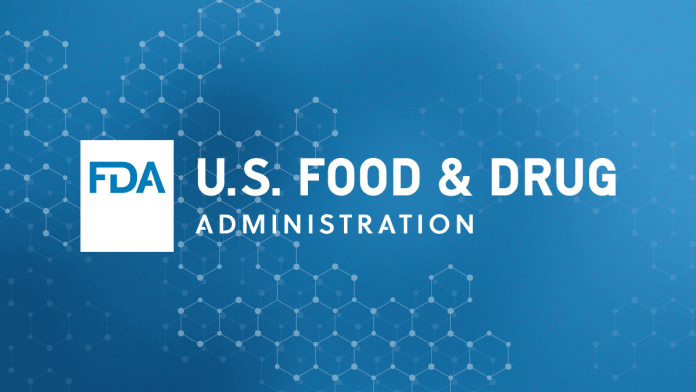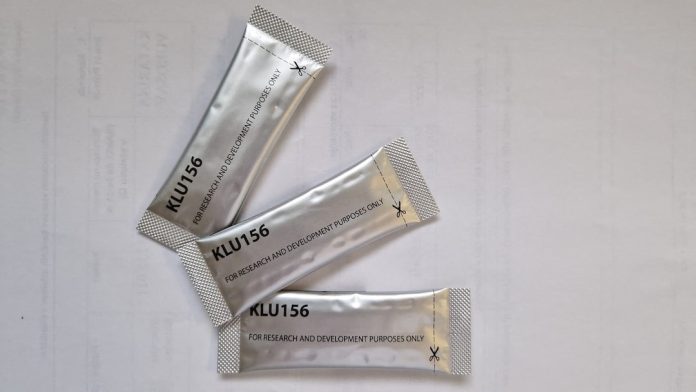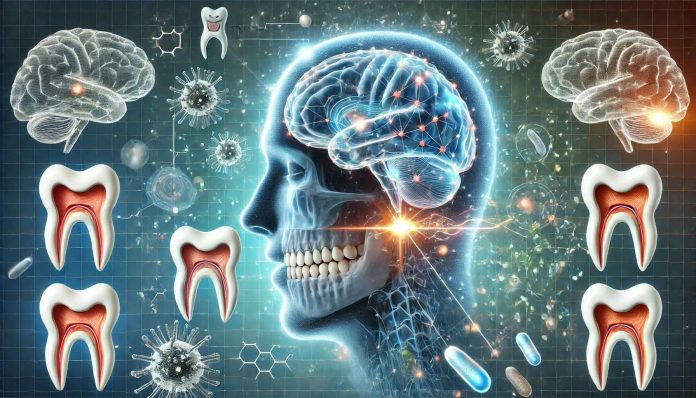Thyroid dysfunction continued during pregnancy linked to autism risk
Out-of-whack thyroid hormones during pregnancy in mothers with pre-pregnancy thyroid dysfunction may increase the child’s risk of autism, researchers found.
While adequately treated chronic thyroid dysfunction did not increase the odds of an autism diagnosis in offspring, ongoing imbalances across multiple trimesters did increase the risk, study leader Idan Menashe of Ben-Gurion University of the Negev in Israel said in a statement.
The study followed more than 51,000 births, including 4,409 in which mothers had abnormal thyroid hormone levels before or during pregnancy, or both.
As long as any existing thyroid dysfunction was adequately controlled, it was not significantly linked to a higher risk for autism spectrum disorder, according to a report in The Journal of Clinical Endocrinology & Metabolism, opens new tab.
And thyroid dysfunction that began in pregnancy did not appear to increase the risk.
However, having thyroid dysfunction before and during pregnancy was associated with more than a two-fold increase in ASD risk, the researchers found.
This was particularly true for women with underactive thyroid glands and resulting low thyroid hormone levels.
The longer the period of hypothyroidism, the higher the ASD risk, with the odds more than tripled when hormone levels were low during all three trimesters of pregnancy.
Too few women in the study had overactive thyroid glands, so the researchers did not analyze that group separately.
Maternal thyroid hormones are essential for the developing brain in the fetus, the authors noted.
“These findings underscore the need for routine monitoring and timely adjustment of therapy to maintain normal thyroid hormone levels throughout pregnancy,” Menashe said.











